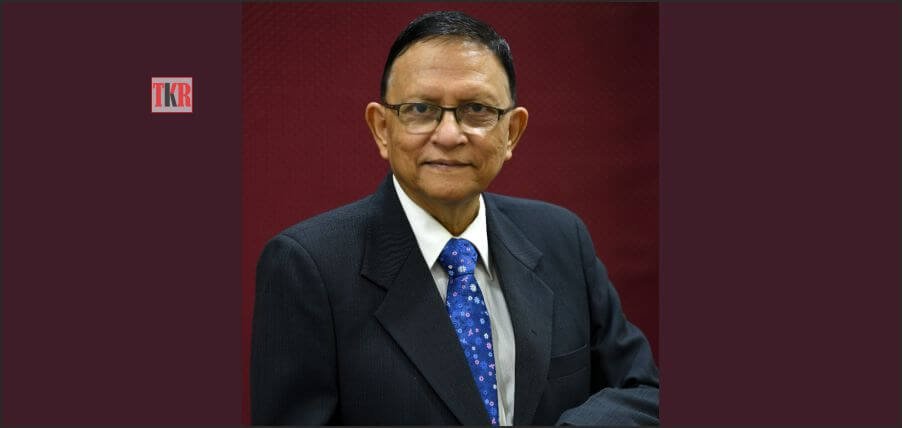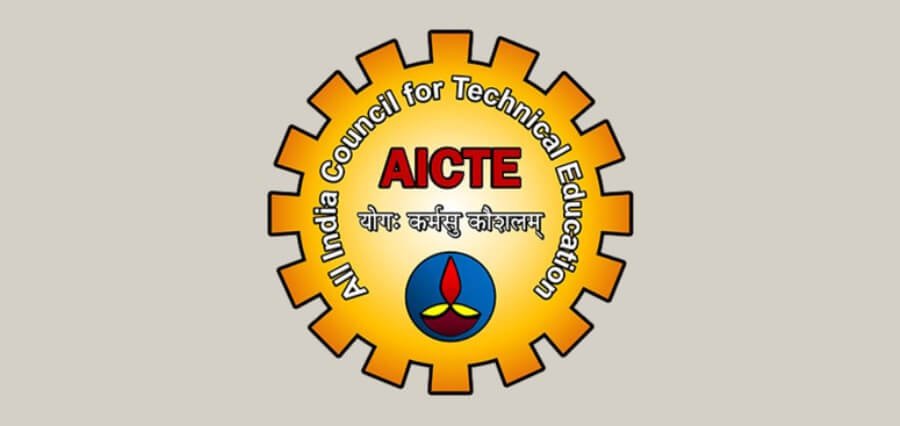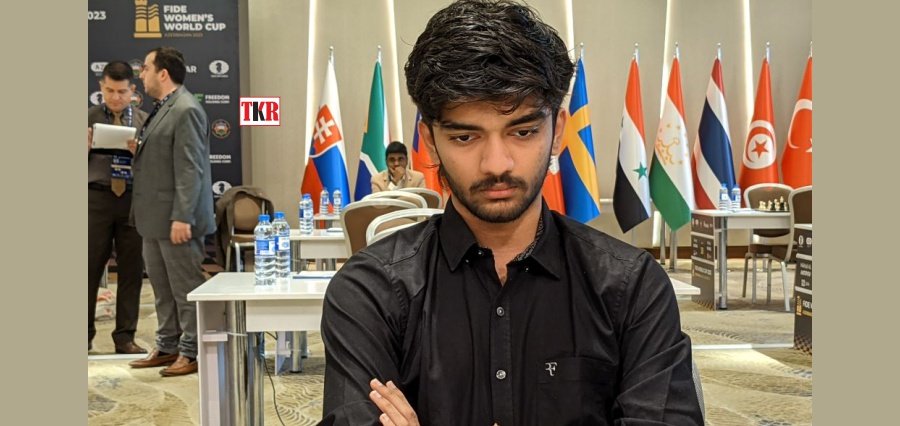The modern education sector is characterized by rapid technological advancements, a strong emphasis on digital learning and a commitment to inclusivity and accessibility. Education leaders and vice chancellors play a pivotal role in transforming academic institutions to meet contemporary challenges and seize future opportunities. Their comprehensive approach and forward-thinking vision enable institutions to thrive in an evolving educational landscape.
These leaders work tirelessly to foster research excellence, cultivate global collaborations and prioritize inclusivity and accessibility. In today’s competitive world, equipping students with 21st-century skills through advanced learning management systems is essential. However, the education sector still faces challenges, such as unequal access to technology and online resources.
To address these issues, professionals employ strategies like collaborative learning environments and interdisciplinary programs, nurturing critical thinking and creativity among students to prepare them for the dynamic demands of the modern workforce. Leaders remain dedicated to maintaining educational quality through rigorous standards and innovative teaching methodologies, ensuring that students receive a comprehensive and forward-looking education.
Prof. Premendu Prakash Mathur, Vice Chancellor of Birla Global University, exemplifies extraordinary charisma marked by integrity, consistent moral values, high competence, and self-confidence. His visionary approach and extensive experience ensure effective leadership and strategic direction for the institution.
Committed to upholding academic excellence and ensuring student success, he employs innovative strategies that integrate traditional educational values with the latest advancements. His primary objective is to foster a dynamic and inclusive learning environment that equips students with essential skills to excel in today’s competitive world.
Under his leadership, the university has implemented pivotal initiatives such as digital integration, mandatory online courses aligned with NEP 2020 guidelines and the establishment of state-of-the-art smart classrooms. These initiatives aim to keep students at the forefront of technological advancements, preparing them comprehensively for the challenges of the modern workforce.
Prof. Mathur remains dedicated to addressing current educational challenges by fostering an environment of open feedback and prioritizing student input. By continuously evaluating the effectiveness of teaching methods, his proactive approach ensures the university not only meets but exceeds rigorous academic standards. With a clear vision for the future, he is steadfast in his commitment to empowering students and driving the university toward unprecedented success.
Revolutionizing the Learning Experience
Prof. Mathur received his education at Banaras Hindu University, where he completed his doctorate before joining Kurukshetra University as a lecturer. He then went abroad on a Rockefeller Foundation fellowship to New York, where he was associated with the Rockefeller University and the Population Council, New York, USA. This experience profoundly changed his life.
In 1988, Prof. Mathur joined the newly established Central University in Pondicherry, where he introduced several successful courses including biochemistry, molecular biology and bioinformatics.
Today, bioinformatics and computational biology have become prominent courses nationwide. He also served as the Vice Chancellor of KIIT University, Bhubaneswar, for five years, during which he significantly enhanced the university’s functioning and academic standards. Under his leadership, publications, citations and projects saw substantial growth.
For the past four years, he has been the Vice Chancellor of Birla Global University, where he has introduced new courses such as MCA, BCA and data science. The university is now in the process of launching a B.Tech. in Computer Science Engineering. The number of students has nearly doubled in the past three years, the syllabi have been revised and credits have been reduced.
Additionally, offering Coursera courses has revolutionized the learning experience for students and the teaching aptitude of the faculty. The number of students seeking admission has markedly increased during his tenure. Under the able leadership of Prof. Mathur, the University also got NAAC accreditation.
A Legacy of Teaching
Prof. Mathur was inspired by his father, Prof. O.P. Mathur—a professor of English at Banaras Hindu University, whose influence motivated him to pursue a career in teaching. Banaras Hindu University provided him with numerous opportunities for self-exploration and self-learning. He is genuinely glad he chose this profession, as he has always been passionate about seeing students flourish, prosper and evolve, ensuring they get the best out of the educational system.
Embracing Digital Teaching Methods
Prof. Mathur has been in the field for a long time, witnessing and understanding the changes in teaching methodology over the last 40 years. Always staying updated with newer technologies, he has embraced digital methodologies for teaching.
During COVID, he ensured the university had all the necessary facilities to teach through digital modes, successfully running the teaching program online. Currently, with the implementation of smart classrooms, students can keep track of the latest subjects and continue their education with modern, innovative tools.
Students with Top-tier Educational Resources
Prof. Mathur holds the core value that students should have access to the best resources available. Believing that students must remain the central focus of the institution, he has always strived to ensure they receive top-tier educational resources and opportunities to learn from industry experts. This approach has led to excellent placement opportunities, significantly boosting their career progression.
Meeting Diverse Learning Needs
Prof. Mathur has tailored the courses to ensure students experience a smooth transition from school to university. Bridge courses have been implemented to prevent abrupt increases in subject difficulty. Students utilize a variety of online and offline learning resources to meet their diverse needs. He is particularly pleased with the mentoring system in place, which significantly enhances the students’ learning experience.
Technological Advancements in Education
Prof. Mathur prioritizes ongoing adaptation to contemporary technological advancements, especially since the pandemic reshaped educational delivery. Technology now plays a pivotal role in redefining instructional strategies and facilitating more dynamic and interactive learning experiences. By integrating accredited tools into teaching methods, he aims to optimize student engagement and comprehension.
Concurrently, adherence to the National Education Policy (NEP) 2020 has led to the mandatory inclusion of online courses, broadening educational horizons and ensuring students gain versatile skills aligned with modern demands. This commitment not only improves access to education but also thoroughly prepares students for the evolving professional landscape in an increasingly digital world.
The Institution’s Vision for Students
Prof. Mathur has consistently upheld a vision where students receive the utmost benefit from the educational system, ensuring the institution offers education tailored to facilitate seamless job placement in their chosen fields. Emphasizing quality assurance, the institution is committed to NAAC accreditation, affirming its dedication to high standards.
Additionally, all courses are meticulously aligned with the guidelines outlined in the National Education Policy (NEP) 2020, further enhancing and preparing students effectively for their professional journeys.
Assessing Educational Methods with Student Feedback
In their approach, a diverse range of methods is employed, as previously discussed. They actively encourage students to provide feedback on the educational experience offered by the institution, with both management and faculty placing paramount importance on these suggestions.
This student input serves as a critical gauge to evaluate the effectiveness of their methods and initiatives. By prioritizing and integrating student feedback into their practices, they ensure continuous improvement and alignment with evolving student needs and expectations, thereby enhancing the overall educational quality and experience.
The Importance of Skill Development in Modern Education
Education holds a pivotal role in life, having been integral to societal advancement since ancient times. Historically, its primary aim was to broaden knowledge and deepen understanding of the world.
However, contemporary education has advanced significantly, now emphasizing practical skills and employability. It is crucial to acknowledge these shifts and ensure that students are equipped with the requisite skills and competencies to navigate and succeed amidst evolving global challenges.





